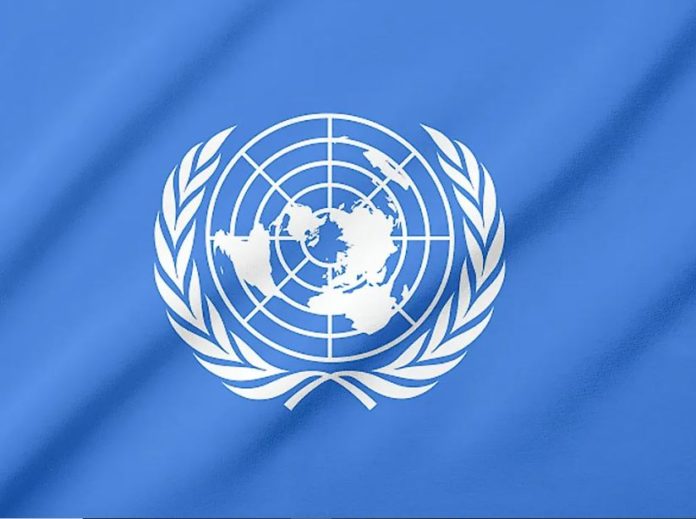The Food and Agriculture Organization of the United Nations (FAO), the International Fund for Agricultural Development (IFAD), the United Nations World Food Program (WFP) and UN Women launched a five-year programme, Accelerating Progress Towards the Economic Advancement of Rural Women.
Funded by Norway and Sweden, the US$5 million project will benefit more than 8,000 rural women in Singida, Dodoma and Zanzibar by helping them secure their livelihoods, through resilience, in the agricultural sector.
In Tanzania, food is produced by smallholder farmers, with women making up the majority of the workforce and earning 80% of their income from subsistence farming. Unfortunately, gender inequalities rooted in patriarchal systems and discriminatory social norms prevent women from accessing formal agricultural extension services, markets, land and financial services.
Climate-smart agriculture
Speaking at the launch, the Honorable Suleiman Masoud Makame, Minister for Blue Economy and Fisheries, said: “Gender equality is crucial to achieving the Sustainable Development Goals. Tanzania recognizes this and has adopted policies that promote gender equality. As a government, we recognize and appreciate the UN’s continued partnership in Tanzania to support our efforts to promote gender equality, especially in the agricultural sector.
This joint program of FAO, IFAD, WFP and UN Women is a demonstration of this continued support.” The program will build the capacity of women in climate-smart agriculture to respond to the challenges of the climate crisis that disproportionately affect women due to their reduced access to agricultural resources, lack of decision-making authority and weak adaptation strategies.
“It is clear that rural women face a series of challenges that are affecting their ability to increase their productivity and income. We need to step up our support both now and in the future to help address these challenges and support rural women’s paths forward,” said Sima Bahous, Executive Director of UN Women.
The COVID-19 pandemic has also affected the agricultural sector and local food systems by restricting market access and increasing input costs. The project will provide business development, leadership training and access to markets for self-help groups, by supporting existing and new Village Savings and Loan Associations to officially register and access financing.
“The launch of this joint program is timely as it comes at a time when the agricultural sector is facing a host of challenges. The collaboration between the four UN agencies (FAO, IFAD, WFP and UN Women) brings together the expertise of agriculture, rural development and gender specialists who are key to addressing challenges and building resilience. Now is the time to act,” said Sarah Gordon-Gibson, WFP country director and representative, speaking on behalf of the implementing agencies.
The project in Tanzania is part of the second phase of a global program that is also being implemented in Nepal, Niger, the Pacific Islands and Tunisia. The first phase of the program was launched in 2014 in Ethiopia, Guatemala, Kyrgyzstan, Liberia, Nepal, Niger and Rwanda.








